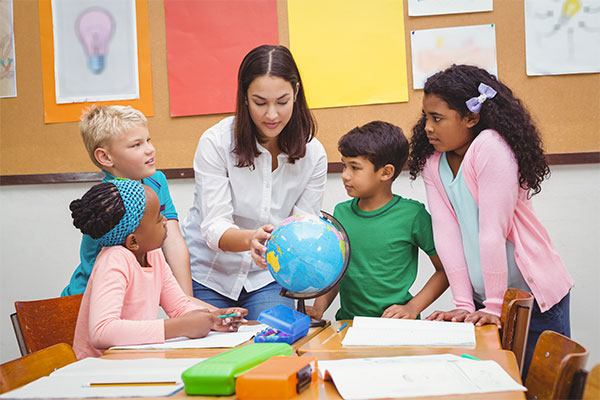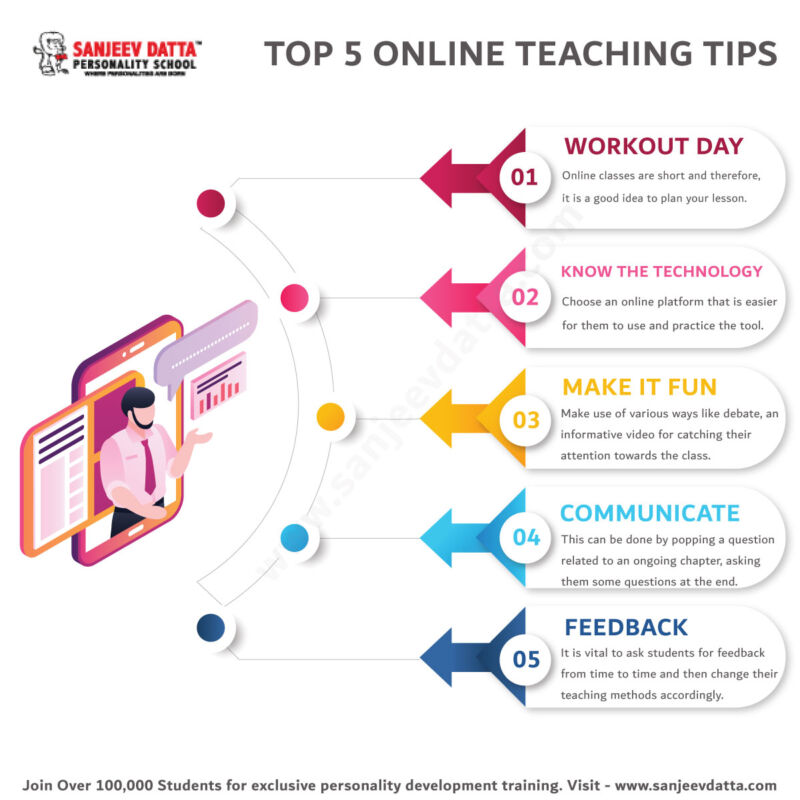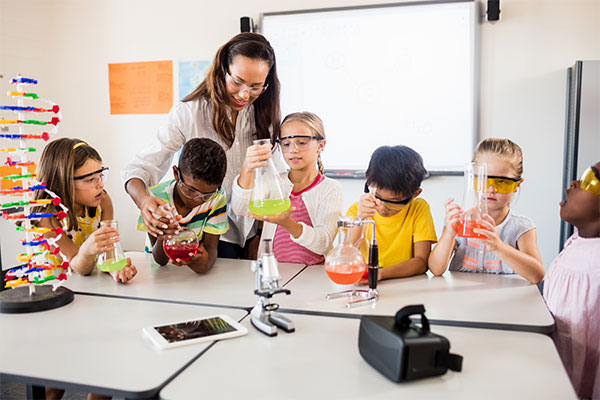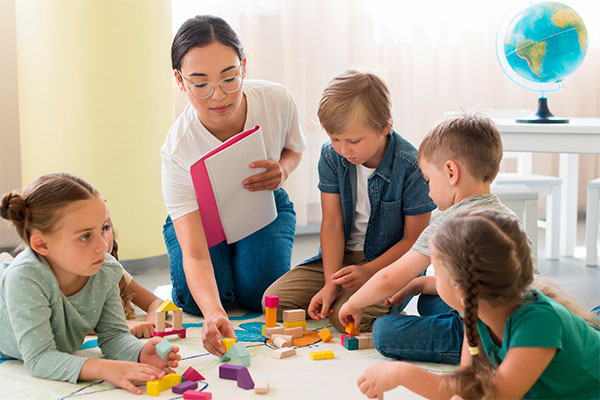In the realm of education, the role of pedagogy is paramount in shaping the learning experiences of students and fostering their intellectual, social, and emotional development. Pedagogy, often described as the art and science of teaching, encompasses the strategies, methods, and approaches employed by educators to facilitate effective learning. This article explores the importance of pedagogy in teaching and highlights its transformative impact on students’ educational journeys.
Importance of Pedagogy in Teaching
- Creating Engaging and Active Learning Environments:

Effective pedagogy revolves around creating engaging and active learning environments that capture students’ interest and promote their active participation. By employing innovative instructional methods such as collaborative learning, inquiry-based approaches, and hands-on activities, teachers can ignite curiosity and foster critical thinking skills. This interactive learning experience encourages students to become active participants in their education, leading to deeper understanding and retention of knowledge.
2. Addressing Diverse Learning Needs:

Pedagogy plays a crucial role in addressing the diverse learning needs of students. Effective and the best personality development mentor employ differentiated instruction techniques to accommodate different learning styles, abilities, and backgrounds. By utilizing various instructional strategies, resources, and assessments, educators can cater to individual student’s strengths, challenges, and interests, ensuring that every learner has equitable access to quality education. Pedagogy allows for personalized learning experiences, enabling students to reach their full potential.

3. Fostering a Positive and Inclusive Learning Environment:

Pedagogy encompasses not only what is taught but also how it is taught. A teacher’s pedagogical approach influences the classroom climate and dynamics, shaping the overall learning experience. By promoting a supportive and inclusive environment, educators foster trust, respect, and collaboration among students. Effective pedagogy encourages open dialogue, active listening, and empathy, nurturing a sense of belonging and encouraging students to express their thoughts and opinions freely. This inclusive atmosphere facilitates deeper learning and enhances social and emotional development.
Visit: indoor activities for preschoolers
4. Developing Critical Thinking and Problem-Solving Skills:

An essential aspect of pedagogy is fostering the development of critical thinking and problem-solving skills. By employing inquiry-based learning approaches, teachers encourage students to analyze, evaluate, and synthesize information, enabling them to think critically and make informed decisions. Effective pedagogy promotes higher-order thinking skills, encouraging students to question, investigate, and explore ideas independently. These skills are vital in preparing students for the complexities of the modern world and empowering them to become lifelong learners.
5. Nurturing Lifelong Learning:

At its core, personality grooming classes nurture a love for learning and instill a passion for knowledge acquisition. Effective teachers inspire students to become lifelong learners by fostering curiosity, intellectual curiosity, and a growth mindset. By creating a supportive and engaging learning environment, educators cultivate a thirst for knowledge that extends beyond the classroom, empowering students to seek out new ideas, explore diverse perspectives, and continue their education long after their formal schooling years.
6. Building Meaningful Connections:

Effective pedagogy focuses on building meaningful connections between students, their prior knowledge, and new concepts. Teachers employ scaffolding techniques to connect new information to existing knowledge, helping students make sense of complex ideas. This connection promotes deeper understanding and enhances retention, as students can relate new concepts to their own experiences and prior learning.
7. Promoting Creativity and Innovation:

Pedagogy encourages creativity and innovation by providing opportunities for students to think outside the box, explore their interests, and express their unique perspectives. Teachers create a conducive environment that nurtures creativity, where students feel comfortable taking risks and thinking creatively. This fosters a culture of innovation, preparing students for the challenges and opportunities of a rapidly changing world.
8. Encouraging Reflective Practice:

Pedagogy promotes reflective practice among both teachers and students. Educators reflect on their teaching strategies, instructional methods, and classroom dynamics to continuously improve their practice. Similarly, students are encouraged to reflect on their learning processes, identify areas for growth, and set goals for their academic development. This reflective approach enhances self-awareness and empowers students to take ownership of their learning.
9. Enhancing Digital Literacy:

In today’s digital age, pedagogy plays a crucial role in enhancing students’ digital literacy skills. Teachers integrate technology into their instructional methods to engage students and expose them to various digital tools and resources. This equips students with essential digital skills, such as information literacy, digital communication, and media literacy, enabling them to navigate the digital landscape effectively.
10. Cultivating Global and Intercultural Competence:

Pedagogy embraces the importance of global and intercultural competence in a diverse world. Through culturally responsive teaching practices, educators promote understanding, empathy, and respect for different cultures, perspectives, and backgrounds. This fosters an inclusive learning environment and prepares students to thrive in a multicultural society.
Visit: how to discipline a child
Pedagogy lies at the heart of effective teaching, shaping the educational experiences of students and influencing their academic, social, and emotional growth. By embracing innovative instructional methods, addressing diverse learning needs, fostering inclusivity, and nurturing critical thinking skills, pedagogy equips students with the tools necessary for success in the 21st century. It goes beyond transmitting information; it encompasses creating transformative learning environments that inspire, engage, and empower students to become lifelong learners. Through the importance of pedagogy in teaching, educators can unlock the potential within each student, paving the way for a brighter future filled with endless opportunities for growth and success.
Why Sanjeev Datta Personality School?
- Interview Training
- Leadership
- Presentation Training
- Social Boldness
- Dressing Etiquette
- Office Etiquette
- Communication Skills
- English Speaking
- Anger Management
- Time Management
- Team Building
- Performance Enhancer
- Soft Skills
- Goal Setting
- Career Counselling
- Student Subject Choice Counselling
- Listening Skills
- Video Presentation
- Meditation
For more details, contact us now!


